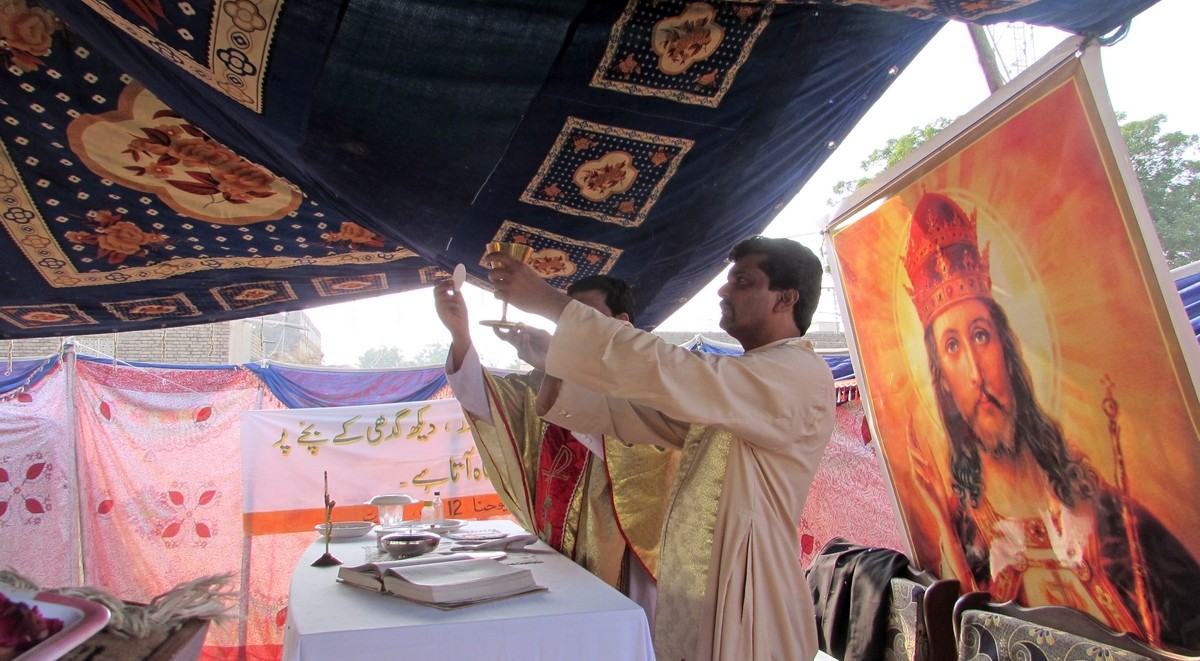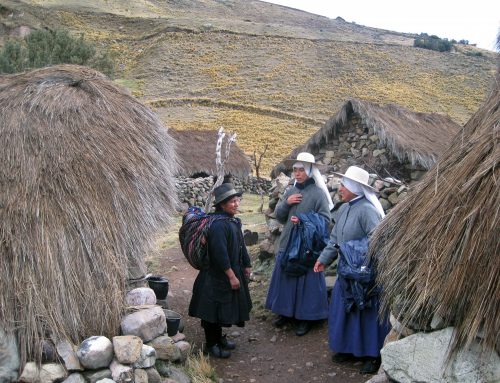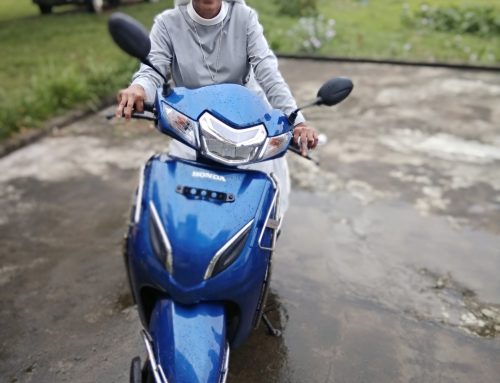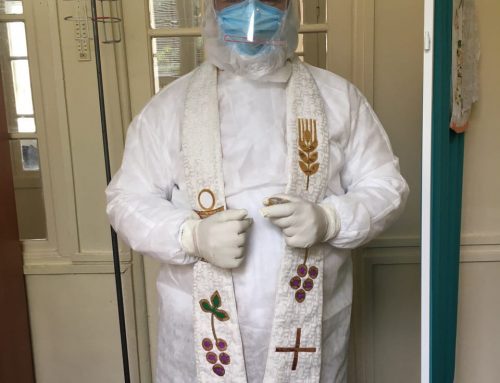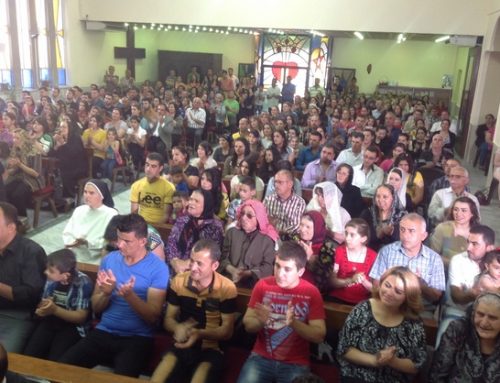A church in the diocese of Faisalabad.
The parish of the Immaculate Conception in Toba Tek Singh in the diocese of Faisalabad serves no fewer than 75 villages, with around 2,700 Catholic families. Many of the Christian village dwellers here are day labourers or street sweepers, while the women are employed in menial tasks as household servants. Very few of them can afford to send their children to school. Christians in Pakistan have very little possibility of improving their position in society.
In many parts of Pakistan, rural society is still governed by a feudal system akin to the Middle Ages. The landlords – that is to say, the large Muslim landowners – still treat their workers like slaves to this day, and their commands must be unconditionally obeyed by the workers. It is these landlords and the factory owners who possess the real power in the country. Through corruption they have the police, the courts, the entire legal system in their pockets. If they should abuse the wife or daughter of one of their servants, there is nothing these servants can do except remain silent. The worst situation of all is when the workers become indebted, for then the entire family is left utterly at the mercy of the landlord. All it takes is an illness; for then the labourer has to borrow money from his master, who demands such exorbitant interest in return that, without outside help, the family can never again escape from this financial dependency, and the debt is simply passed on from generation to generation. So the children are to all intents born into slavery. In the same way the workers in the brick factories are utterly at the mercy of their employers. They have to make the bricks with their own bare hands and then leave them in the sun to dry. If it should rain before the clay bricks have been fired in the ovens, whose tall chimneys dot the landscape, then the bricks are ruined and all their work is in vain. Then more often than not the factory owner simply says, “What can I do if it rains?” and refuses to pay the workers.
One of the villages in the parish is Pertabpur Chak 246 (yes, many villages are numbered in this way). It is about 40 miles (65km) from the parish centre and there are around 300 Catholics living here. They draw great consolation from their faith. Until now Holy Mass, prayer meetings and other devotions have been held in the open air, beneath a tarpaulin roof. But now their parish priest wants to build a permanent church here. Not only would a solid building offer better protection against the weather than a flimsy tarpaulin roof, it would also afford the people greater security – for Christians in Pakistan have to be constantly on the alert for attacks by extremists. At the same time it would help to distinguish the Catholic worshippers from the myriads of sects, whose preachers also seek new adherents by preaching in the open air. A solid and permanent church would make it clearer to the Catholic faithful where the Masses and other gatherings of the Church are being held. And also the church would in future be the place where the Sunday schools and the religious instruction of the children is held.
ACN is proposing to help with a contribution of 9,800 Euros.
Code: 328-08-19

